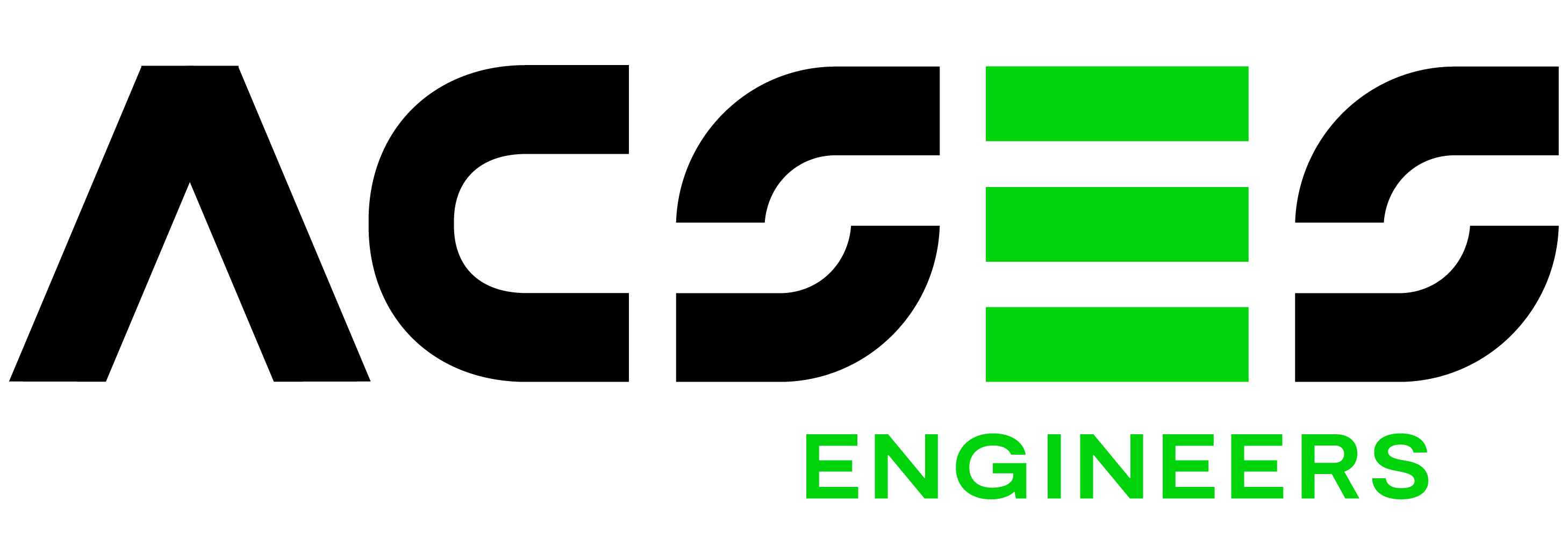Tips for up and coming engineers
Let me start by saying that being an engineer is an incredibly rewarding yet demanding career choice.
As ‘corny’ as it sounds, you will make a real difference in people’s lives, and as cliché as this sounds, ‘engineers really do make ‘it’ happen’.
Unfortunately when you’re first starting out, it can be an incredibly daunting and frustrating time for a young engineer, so here are five tips for my ‘brethren’ beginning their engineering journey.
1. For A Short Period of Time It’s Going To Hurt
Graduating with a degree in engineering is an accomplishment in and of itself. Unfortunately the reality is that your degree is essentially a piece of paper that verifies you know how to use a calculator and chew gum at the same time.
Of course I am being facetious, but the end of your degree is actually the first step on a very long road ahead. You need to accept that for the first three to five years you will be confused and shrouded in self-doubt, constantly second guessing yourself as you struggle to make sense of the monumental amount of information you will be asked to absorb and comprehend.
Fight through that self-doubt. You’re going to be fine.
Grit your teeth, keep your eyes and ears open, commit to your growth, focus on your development and absorb as much as you can as quickly as you can, and before you know it you will have set the foundations of your career.
2. Site Experience, Site Experience, Site Experience
In case it wasn’t emphasised enough, you’ve got to get site experience. It is unbelievable how important working in the field can be. Get on site and get dirty. For the first six months to a year, work as a labourer if you must, it doesn’t matter, just get out there. Site work will give you incredible insight that an office environment simply can’t, plus it will enable you to think beyond the numbers and formulas and expose you to factors and parameters you won’t learn from a text book.
3. A Strong Work Ethic Is Mandatory
As an engineer, you will encounter countless variations of never ending problems from demanding clients that set ‘yesterday’ deadlines in an industry where competition grows exponentially, thanks to the wonders of ever changing technology.
There is simply too much information to process, and of course there never is enough time, so believe me when I tell you that 9-5 won’t cut it. Success requires early starts and late finishes, so forget about looking at your watch and repeat this mantra over and over:
COMMIT, FOCUS, ABSORB
4. Modern Tech is A Double Edge Sword So Measure Twice Cut Once
One of the great things about modern engineering is the vast number of advanced tools we have at our disposal. Computers and modern technology have allowed us to tackle complex problems, communicate big ideas and share results faster and more efficiently than ever before.
In fact this piece was typed on a laptop connected to the internet via my Australian mobile phone connected to the Chinese network whilst sitting in a bullet train travelling at 305km/hr heading to Shenzhen to meet with Chinese engineering colleagues to discuss new concrete and steel technology.
Unfortunately, surrounded by all the modern tools, an engineer can become lazy and too trusting of the solution on the screen. Whether it’s a complex FEM program or a simple spreadsheet, you must develop a full and comprehensive understanding of the input ‘language’ to properly interpret the output results.
Do not rush to the keyboard before first developing your understanding of engineering philosophy and a ‘feel’ for the numbers.
My advice is simple, respect technology, don’t be afraid to use it, but apply a healthy dose of scepticism when reviewing the output file, and if it doesn’t ‘feel’ right, then check it with a hand calculation. Then check it again.
5. Money Money Money Money Money
Do not let money be the main factor which determines the course of your career, because when you’re starting out, you will not be impressed by your pay cheque.
Don’t worry about money during the early stages.
First choose the branch/sector of your engineering discipline which most interests you, then focus on developing your skills and technical abilities.
It’s no secret or special advice, love your job and it won’t feel like work, and before you know it your knowledge base and ‘abilities’ will start expanding exponentially and you will become more ‘valuable’ to an organisation.
That’s when you start seeing the bigger numbers and that’s when other options start to appear.
